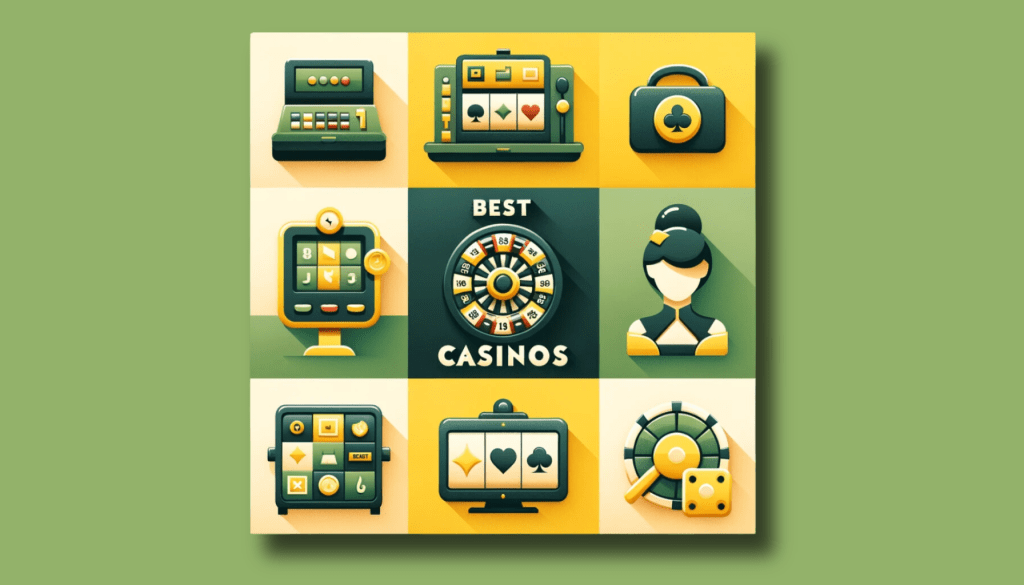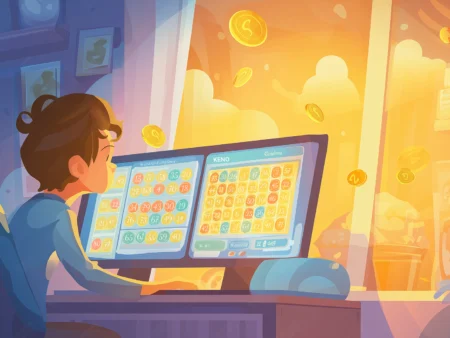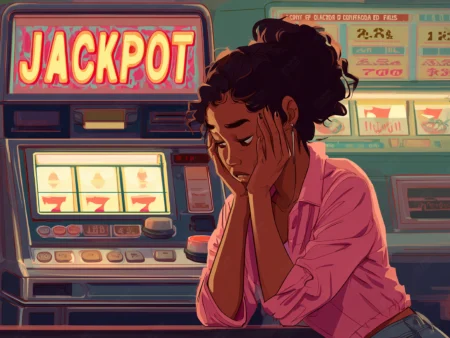Mastering the Art of Poker: Strategies for Winning Big
Poker is not only a fun and exciting way to kill time, but it is also a very advantageous thing if you know how to play the cards correctly. Casino poker is not just a chance game but a skilful dance of strategy, psychology and decision-making. Understanding the complex strategy of casino poker significantly increases your chances of success. Whether you’re a beginner looking for a basic strategy or a seasoned player looking for tips on advanced techniques, this guide will give you all the information you need to master Poker.
Crafting a Universal Table Game Strategy
At the most basic level, successful strategies include understanding and executing the basics of Poker, such as understanding Pot Odds, reading opponents, etc. After that, by mastering skills such as bluff and bet handling, players can build on these basics. Other essential factors are the management of the bank funds, the emotional control under pressure and the rapid decision-making under stress. All these strategies will be helpful during the Poker game and keep you confident. By using these strategies, you can win a lot. Some strategies are given here.
Poker rules
Poker is usually played on a standard deck consisting of 52 cards. The purpose is to acquire a pot consisting of bets placed by a player through a hand. Each player is given a certain number of cards depending on the variation of Poker played. For example, in Texas Hold’em, each player receives two private cards (Hall cards) and five community cards are placed on the table.
Play aggressively with fewer hands.
There is no limit to the number of starting hands you can play before the flop, even in the world’s top players. If you try to play too many cards, you will run out of chips. Having a solid poker strategy in front of the flop is the easiest and fastest way to achieve results. However, while it is relatively easy to establish a range of pre-flops, it is difficult to have the discipline to defend it. Don’t be impatient, and don’t play hands that aren’t worth playing.
Play at the last position.
In Poker, the position is forced. Being in a late position (acting after most opponents) gives you more information about your opponent’s actions, which is a big advantage. Take advantage of this position to play more hands and take advantage of aggressive wagering if you feel the opponent’s weakness.
Semi-Bluff Aggressively with Your Draws
If you want to master Poker, you need an effective bluff. But inadequate bluff is one of the fastest ways to lose money at the table. The most effective way to bluff is to decide whether or not to bluff by the card you have. In other words, you’re brushing with an outside hand that improves to the best hand in the later street, such as a straight draw, a flush draw, or an overcard on a single or two-card board.
Read your Opponent
One of the most essential skills in Poker is the ability to read other players. This means not only finding out the obvious information but also understanding the betting patterns, analyzing the hand range and predicting the opponent’s actions. Pay close attention to how other players play the hand, and guess the opponent’s card from that information.
Psychological Factors in Poker
Psychological factors in a player’s mind can have a significant impact on decision-making skills, emotional control, and overall performance at the table. Mastering psychological elements in Poker is just as important as honing your technical skills. The ability to control emotions, develop patience, exercise mental toughness, read others, and maintain a growth mindset are all essential elements for building a winning mindset.
Formulate Effective Bankroll Management Techniques
In tabletop games, just like Poker, bankroll management is important. Decide on the budget for your game session and keep it. Avoid following a loss or increasing your wager when you’re losing. Split your bankroll into smaller units so that you only wager a small percentage on each wager. This strategy will protect your bankroll and allow you to play for longer.
Conclusion
Poker is a game of skills that require strong strategy, perseverance and discipline. To master Poker, you need to hone your skills such as bankroll management, risk and return ratio, and when to take risks. By practising these strategies and believing in your capabilities, you can become an expert player and boost your chances of winning at any table.















































